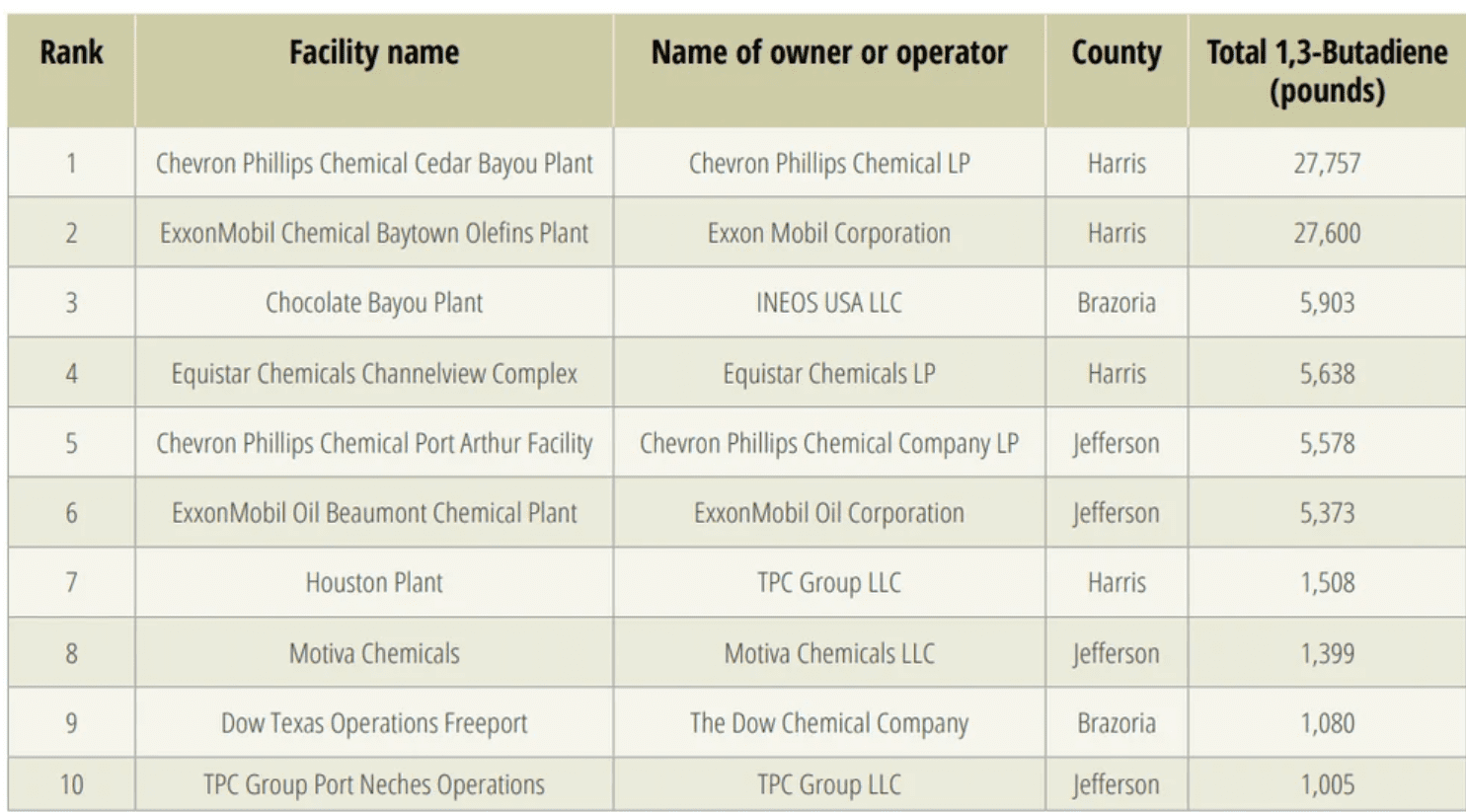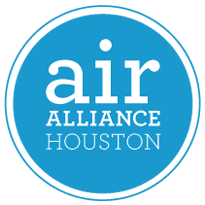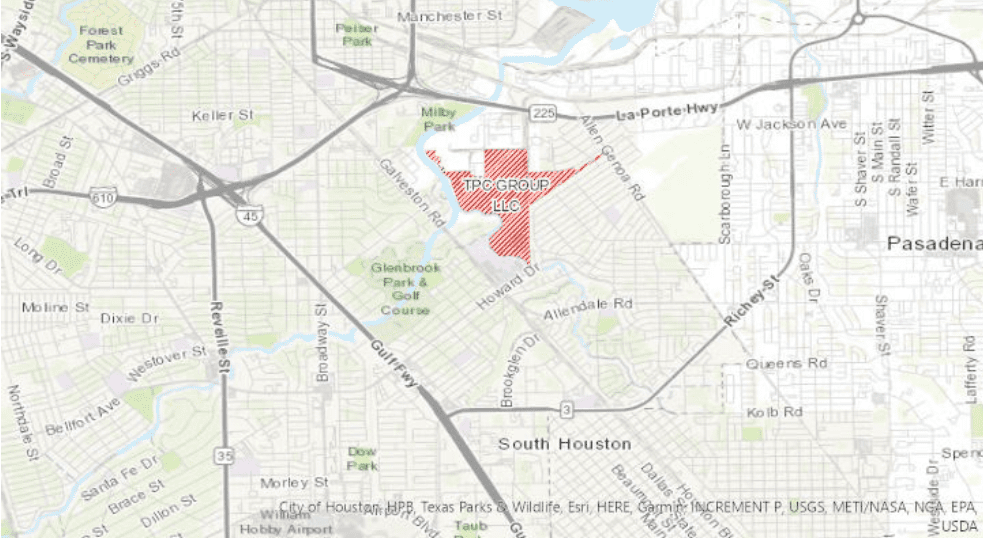ACT NOW: Request a public meeting
Do you remember the chemical explosions at the TPC Group facility in Port Neches in 2019 that forced 50,000 people to evacuate their homes and hospitalized three workers the day before Thanksgiving?
This same company has submitted three air permit applications to authorize a significant increase in carcinogenic butadiene emissions at its Houston Plant, located at 8600 Park Place Boulevard.
While TCEQ should carefully weigh the impacts associated with the proposed expansion project against the burdens it will create, this expansion is at risk of being approved with little questioning.
The TPC Group is a frequent violator of federal environmental protections with a history of chemical fires and illegal releases of harmful air pollution. The company’s Houston facility is a major source of harmful pollutants such as Nitrogen Oxides (NOx) and Volatile Organic Compounds (VOC) that contribute to ozone formation and it illegally released even more cancer-causing 1,3-butadiene in 2019 than the one in Port Neches that caught fire.
Contact your representatives
We encourage you to contact State Senator Carol Alvarado and State Representative Mary Ann Perez, who represent the communities where the plant is located, and demand that they engage on the issue and ask TCEQ to organize a public meeting.
The last day for officials to submit a meeting request is June 14, 2021.
The TPC Group’s permit request is #22052 at the TCEQ
Learn more about how this application affects you and why TPC shouldn’t be allowed to expand HERE.
There’s a real lack of transparency about the proposed expansion. The TPC Group printed a notification of its permit applications in dense legal language, only in English, on the back of a Pasadena newspaper, excluding the rest of the affected east side. The permitting process is intentionally opaque because corporations want uncontested approvals to save time and money.
It is essential that the TCEQ listen to public concerns and use the full extent of their authority to reduce toxic air pollution and protect public health.
Read more about the issue from One Breath Partnership Houston:

